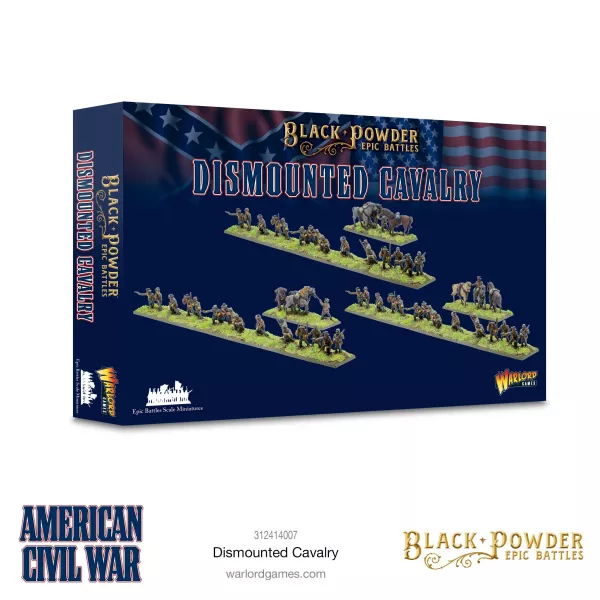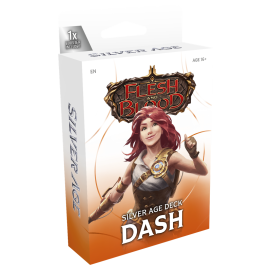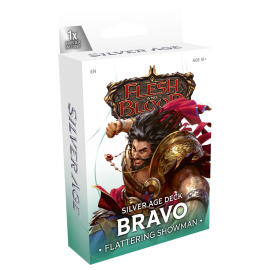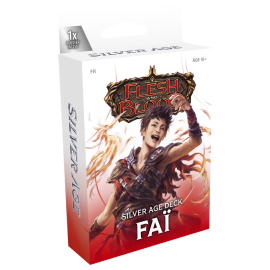The role of Cavalry during the American Civil War went through a peculiar evolution. The realities of the evolving battlefield required a change from the tactics of previous wars. A headlong charge into formed enemy infantry or artillery became an unnecessary risk, the firepower they wielded more than enough to prevent any such charge from hitting home. Cavalry thus fought differently in the civil war than previous conflicts, though their role was no less pivotal. Headlong cavalry charges were largely replaced by cavalrymen acting more as dragoons - mounted infantry.
Cavalry combined two useful military attributes: mobility and firepower. Though perhaps outranged by an infantry regiment with rifles the cavalry could still dismount to hold ground temporarily until relieved by the infantry. Armed with a carbine a trooper could dismount and fight perhaps as effectively as his infantry counterpart. In this role the cavalry would invariably dismount into a skirmish screen, with nominally a quarter of the troopers detailed as horse holders, though some commanders preferred to think of the “fourth man” forming a reserve to be called upon if the line was hard pressed. Commonly a regiment in a brigade might be held in reserve, mounted, whilst the remainder of the brigade fought on foot. Such tactics sat well with the cavalry who saw the mounted charge as risky and perhaps even futile.
14+. ATTENTION. Ne convient pas aux enfants de moins de 36 mois. Petits éléments. Éléments essentiels pointus.
This set provides a brigade of three regiments - each with three stands of dismounted infantry and one of horseholders, suitable for both Union and Confederate Armies.
12+. ATTENTION. Ne convient pas aux enfants de moins de 36 mois. Petits éléments. Éléments essentiels pointus.





